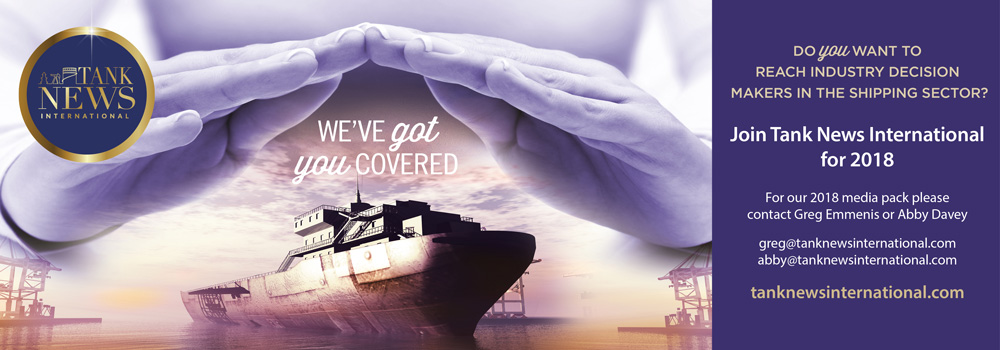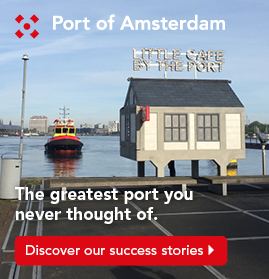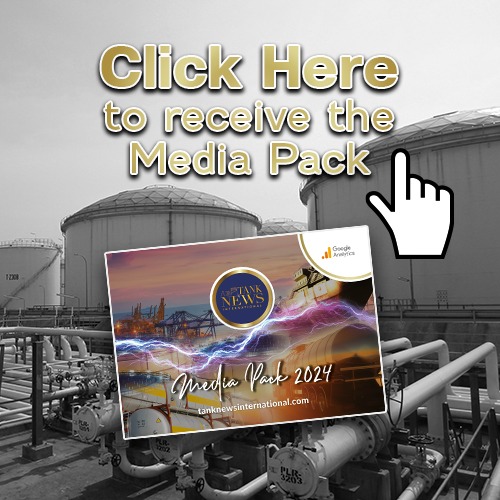‘Just-in-time ’ sailing saves hundreds of thousands of tonnes of CO2
If sea-going vessels were better informed about the availability of berths and adapted their speed accordingly, substantial savings could be made in terms of fuel and CO2 emissions. This conclusion is based on a study that was recently commissioned by the Port of Rotterdam Authority and research institute TNO.
If sea-going vessels are regularly kept informed – particularly during the last twelve hours before arrival – about exactly when their berth will become available, they will be able to adapt their sailing speed accordingly. That usually means reducing their speed so that they arrive just in time. This in turn leads to less fuel consumption and therefore lower emissions of unwanted substances such as carbon dioxide, sulphur oxides and nitrous oxides. Significant savings are also possible thanks to shorter waiting times for ships in anchorage areas.

The wallets of the shipping companies
The results of the study were presented this week at the head office of the International Maritime Organisation (IMO) in London during a meeting of the IMO Intersessional working group on the reduction of Greenhouse Gas emissions from ships.
“In percentage terms, we’re talking about modest amounts,” said Astrid Dispert, Technical Adviser of the GloMEEP Project (Global Maritime Energy Efficiency Partnerships). “But it’s exactly these types of measures that can make a huge difference in the short term and help reduce the carbon footprint of marine shipping. Added to that, they’d also have a beneficial effect on the wallets of the shipping companies.”
5% adjustment in sailing time
TNO and the Port of Rotterdam Authority, which is a member of the Global Industry Alliance to support low carbon shipping, analysed all the movements of container ships sailing to Rotterdam port in 2017. “By supplying more accurate information to ships, 4 percent – or 134,000 tonnes – of CO2 emissions can be saved every year,” explained Jan Hulskotte, Senior Researcher at TNO. “To do this, container ships would have to adjust their sailing speed by an average of 5 percent, and still arrive at the planned arrival time.” And even more savings could be made if ships were better informed more than twelve hours before arrival.
Anchorage areas: even greater savings
The study also examined the impact of shorter waiting times in anchorage areas for all ships sailing to Rotterdam. In the bulk transport sector, ships sometimes have to wait at anchor for hours or even days; this is mainly due to contractual obligations. Hulskotte: “If this waiting time was an average of 12 hours shorter, that would really make a difference in percentage terms, with an annual reduction of 35 percent in emissions. So we’re talking about 188,000 tonnes of CO2 and 1,000 tonnes of nitrous oxides.”
CO2 emission-free operation in 2050
Allard Castelein, CEO of the Port of Rotterdam Authority: “Last year we asked the Wuppertal Institute to look into how the transport and logistical sectors could operate virtually CO2 emission-free by 2050. They said that our first step should be to take efficiency measures. This study shows that those measures are within reach.”
Port call optimisation
Earlier this year, the Port of Rotterdam Authority launched ‘Pronto’. This port call optimisation platform combines a variety of data sources so that a port call by a vessel can be planned as accurately as possible. This way, activities that must take place during the port call can be seamlessly coordinated with each other. The study data was immediately converted into a view in Pronto that makes just-in-time sailing possible. Shipping companies can see what the sailing speed was, what the ideal speed would have been and how much fuel and CO2 could have been saved. “It’s a great idea, and we hope that other ports will also start doing it,” continued Allard. “Only by working together intensively and taking action, we can reduce CO2 emissions.”
For more information visit: www.portofrotterdam.com
22nd October 2018



















